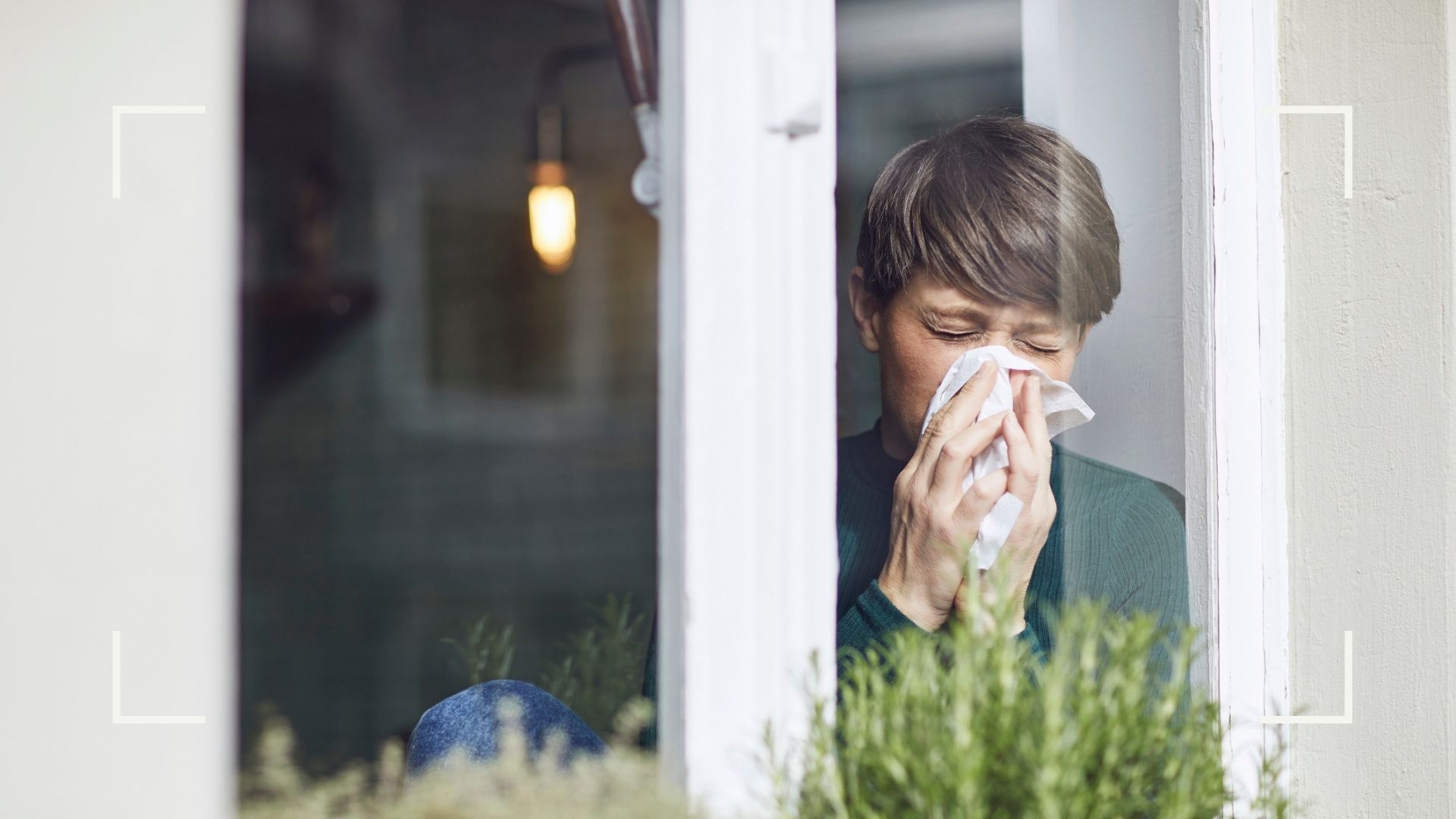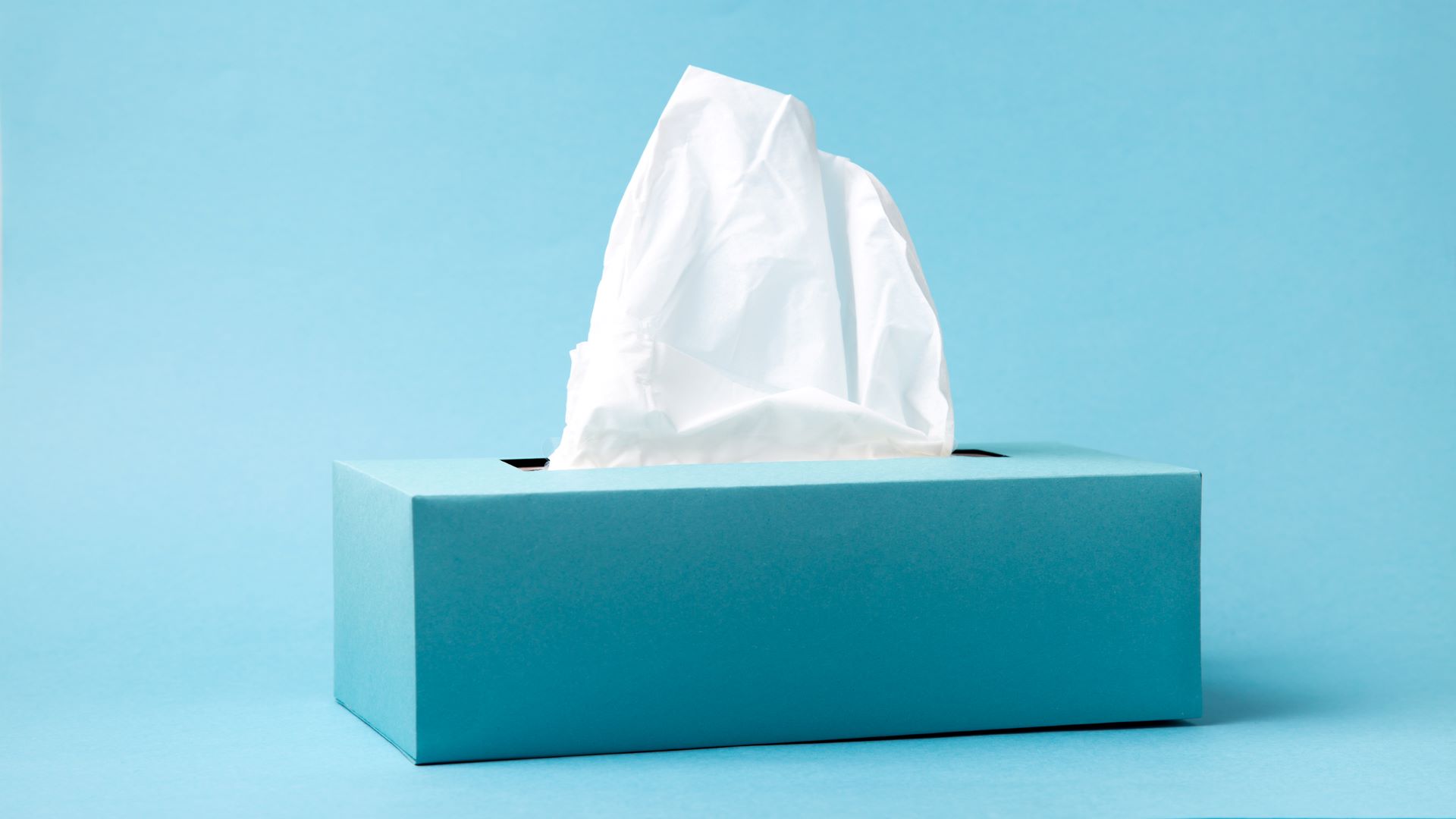When does allergies season start? Plus, how to tell the difference between hay fever and a cold
It's easy to mix up allergies season and a cold, here's how to tell the difference


Wondering when does allergies season start in 2023? With summer on the horizon, hay fever symptoms are set to be a topic on everyone's minds, so it's good to know when you can expect the familiar feelings of sniffly noses and watering eyes to return.
Characterized by key symptoms we may mistake for a cold, or even Covid-19 in recent years, those who suffer from allergies are set to experience the full brunt of allergies in the weeks to come.
But given enough time, our experts say, you can fight back against the most difficult symptoms with some of the best hay fever natural remedies or over-the-counter medication.
When does allergies season start?
Allergies season started in early March this year with tree pollen. This continues into April before grass pollen arrives in May, weed pollen in July through to August, and ragweed pollen in the late summer to early fall. "It all starts to emerge in spring as the trees begin to blossom and there is more pollen in the air," says pharmacist Jana Abelovska.
While it's not only pollen that causes allergies, the Asthma and Allergy Foundation of America points out that only about 81 million Americans suffer from seasonal allergies, making it extremely common.
"However, you are slightly more likely to suffer from hay fever if you have a family history of other allergies, eczema, or asthma," Abelovska, who is the superintendent pharmacist at Click Pharmacy, points out. “This is largely due to hay fever being an allergic reaction to pollen, so those that are already susceptible to allergies have a higher chance of developing this allergy. For those with asthma, this is often triggered by allergens in the air, which can include pollen.”
So, it’s important to be able to spot the signs and symptoms of allergies when they hit to get treatment in advance.
Sign up to our free daily email for the latest royal and entertainment news, interesting opinion, expert advice on styling and beauty trends, and no-nonsense guides to the health and wellness questions you want answered.

Difference between allergies and a cold
1. Watery, itchy eyes
One of the most prominent signs of hay fever is watery, itchy, and puffy eyes that continuously water, says Abelovska. "Whilst this can still happen with the common cold, it's far less likely. So if this symptom is observed alongside a runny nose and congested airways, with symptoms that seemingly came out of nowhere, it's a pretty safe assumption that it's hay fever."
2. Clear nasal discharge
Another way to tell the difference between hay fever and the common cold is the reaction your nose has to the season. "With hay fever, nasal discharge is likely to be clear while nasal discharge from a cold is likely to be yellow or green," explains Dr Nisa Aslam, a general practitioner.
"With a cold, white blood cells rush to fight the infection and when they have done their job they get flushed out of the body. The yellow color comes from dead white blood cells, which can turn green if there are lots of them. In hay fever, the discharge is simply normal mucus produced in larger quantities," Dr Aslam, who works with plant-based health products brand PureEssential, says.
3. Sore throat
Coughing is far less likely with hay fever than with a cold, the experts agree, so if you're coughing or your throat feels hoarse, chances are it's not seasonal allergies.
"A cold can cause a sore throat which would be caused by the virus," says Dr Aslam. "This would be rare with hay fever but it could cause an itchy throat due to exposure to allergens and the release of histamine. Both a cold and hay fever could cause an itchy cough, though this would be more common with a cold.”
4. Quick onset of symptoms
You'll be able to tell the difference between allergies and the common cold depending on how quickly your symptoms manifest, says Abelovska. "Although both can present in symptoms such as sneezing, congestion, and coughing, hay fever symptoms tend to come on almost instantaneously after exposure to airborne pollen, whereas colds gradually build up for a few days after the infection starts."
5. Time of year
While not a symptom in itself, you'll know it's hay fever if it's spring or early summer as this is when allergies are most common. Although it may sound obvious, "the time of year can be a big giveaway as to whether it's hay fever or a common cold, with the latter being typical during the winter while hay fever mostly presents in the spring months."
When to start taking hay fever medication
Generally, it's best to take tablets and medications before symptoms start to appear - around one to two weeks before pollen season, says Abelovska. "We all know that common hay fever medications, such as antihistamines, can help to relieve symptoms but many people don’t know that they can also prevent symptoms from emerging ahead of time."
But if you've missed the start of the season, there's no reason why you can't start taking them now and experience the benefits in a few weeks to come. Although medication may not entirely prevent the symptoms, the pharmacist says, "it will help to reduce the severity of the symptoms and can be really beneficial for those that struggle with conditions such as asthma."
When to visit a doctor for hay fever
Most cases of hay fever won't require a doctor's appointment but if your allergies are causing disruption to your life, it's worth making an appointment with your healthcare practitioner.
There are many over-the-counter treatments available, including tablets and sprays, but those with more severe allergies may require stronger medications.

Grace Walsh is woman&home's Health Channel Editor, working across the areas of fitness, nutrition, sleep, mental health, relationships, and sex. She is also a qualified fitness instructor. In 2025, she will be taking on her third marathon in Brighton, completing her first ultra marathon, and qualifying as a certified personal trainer and nutrition coach.
A digital journalist with over seven years experience as a writer and editor for UK publications, Grace has covered (almost) everything in the world of health and wellbeing with bylines in Cosmopolitan, Red, The i Paper, GoodtoKnow, and more.